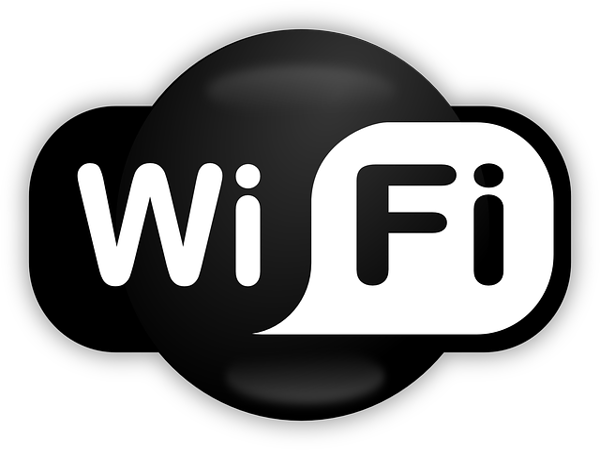Let me tell you a story—my story, really, but it’s one that I think a lot of people here in Nigeria can relate to. My name is Tunde, and like many of you, I’ve been caught in the convenience trap of public Wi-Fi. I mean, who wouldn’t want free internet, right? Especially when data costs can be so high in Nigeria. But let me tell you, that convenience comes with a cost—a cost I learned the hard way.
The Convenience Trap
It was a sunny Tuesday afternoon, and I was sitting in a popular café in Ikeja, Lagos. The place was packed, and nearly everyone had their laptops open, sipping coffee and working away. I had a few bills to pay, some transactions to complete, and I needed to check my loan app for the latest update on my repayment schedule.
Instead of using my mobile data, I decided to connect to the café’s free Wi-Fi. It was fast, and I thought, why not save some data? I quickly logged into my bank app and later, my loan app to check my balance. Everything seemed fine until the next day.
The Shock
The next morning, I woke up to multiple alerts from my bank. Someone had accessed my account and made unauthorized transactions. My heart sank. How could this have happened? I was always so careful with my financial information. It wasn’t until later that I realized the danger I had exposed myself to by using that public Wi-Fi.
Understanding the Risks
Public Wi-Fi networks, like the one I used at the café, are usually not secure. Hackers can easily intercept the data that you’re sending or receiving, especially if the network is not encrypted. This means that when you’re entering sensitive information, like your bank details or logging into your loan app, someone else might be watching.
In Nigeria, where online scams are rampant, and cyber security is still growing, the risks are even higher. Cybercriminals are always on the lookout for vulnerable people to exploit, and I, unfortunately, became one of their victims.
Step-by-Step Solutions: Protecting Yourself
I don’t want anyone to go through what I did, so here’s what I’ve learned and what you can do to protect your financial information, especially when using loan apps or any online banking services.
Avoid Public Wi-Fi for Sensitive Transactions:
- If you’re out and about, resist the urge to connect to free Wi-Fi when accessing your bank or loan apps. Use your mobile data instead, even if it costs a bit more. It’s a small price to pay for security.
- If you absolutely must use public Wi-Fi, consider using a Virtual Private Network (VPN) to encrypt your data.
Use Strong Passwords and Two-Factor Authentication:
- Ensure your banking and loan app accounts are protected with strong, unique passwords.
- Activate two-factor authentication (2FA) wherever possible. This adds an extra layer of security, so even if someone gets your password, they’ll need a second code to access your account.
Keep Your Apps Updated:
- Regularly update your loan apps and banking apps. Developers frequently release updates to patch security vulnerabilities. Don’t ignore those updates!
Be Aware of Phishing Scams:
- In Nigeria, phishing scams are a common way that cybercriminals steal information. They may send you fake emails or messages that look like they’re from your bank or loan app. Always verify before clicking any links or sharing personal details.
Use Secure Websites:
- When accessing your bank or loan app via a browser, ensure the website begins with “https” and not “http.” The ‘s’ stands for secure, meaning the data is encrypted.
Monitor Your Accounts Regularly:
- Regularly check your bank statements and loan app transactions for any unauthorized activity. The sooner you spot it, the quicker you can act.
The Aftermath
It took weeks to sort out the mess caused by those unauthorized transactions. I had to go through the painful process of getting my money back and securing my accounts. I also learned to be more cautious—no more public Wi-Fi for me when handling sensitive information.
I also became more vigilant with the loan apps I use. I only download them from trusted sources like the Google Play Store and ensure that they have good reviews and a high level of security. With loan apps becoming increasingly popular in Nigeria, especially in times of financial need, protecting your financial information is more crucial than ever.
Conclusion: The Real Cost of Free Wi-Fi
In Nigeria, where technology adoption is fast-growing but cyber security awareness is still catching up, it’s easy to fall into the convenience trap of public Wi-Fi. But as I learned, the real cost can be far more than the price of data. Protect yourself by being cautious and following the steps I’ve outlined. Trust me, it’s worth it.
So, next time you’re tempted to connect to that free Wi-Fi, remember my story. It might just save you from a lot of trouble.

.jpg)








